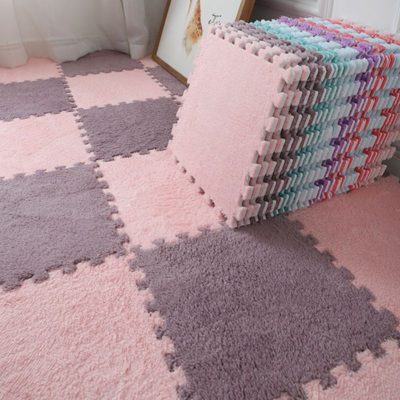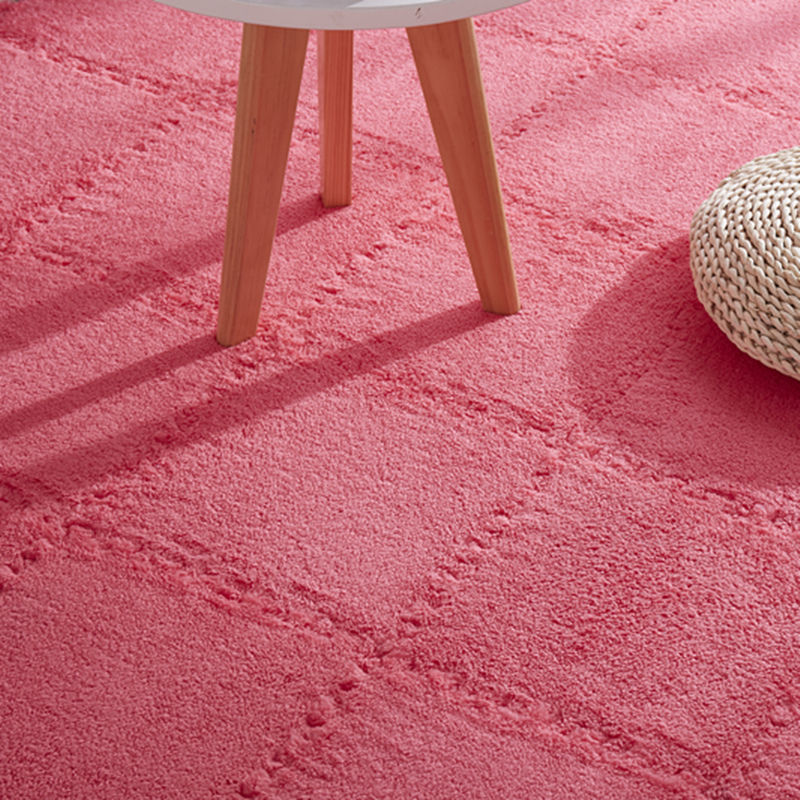When looking for eco-friendly carpets and sustainable choices for green living, consider the following options:
- Natural Fiber Carpets:
- Wool: Wool is a renewable and biodegradable fiber that is naturally stain-resistant and flame-retardant. It is also durable and has excellent insulating properties, making it a sustainable choice for carpeting.
- Sisal: Sisal is made from the fibers of the agave plant and is known for its strength and durability. Sisal carpets are biodegradable, renewable, and free from synthetic chemicals, making them an eco-friendly option.
- Jute: Jute is another natural fiber derived from the jute plant. It is biodegradable, renewable, and has a soft texture, making it suitable for carpeting in low-traffic areas.
- Recycled Materials:
- Recycled Nylon: Some carpet manufacturers produce carpets using recycled nylon fibers sourced from post-consumer waste, such as discarded fishing nets or carpeting. Recycled nylon carpets offer durability and performance while reducing waste and environmental impact.
- Recycled PET: Carpets made from recycled polyethylene terephthalate (PET) fibers, commonly found in plastic bottles, are another eco-friendly option. These carpets offer stain resistance, durability, and water repellency while diverting plastic waste from landfills.
- Plant-Based Fibers:
- Corn Fiber: Carpets made from corn fibers, also known as PLA (polylactic acid), offer a sustainable alternative to traditional synthetic fibers. PLA carpets are biodegradable, renewable, and derived from cornstarch, making them environmentally friendly.
- Bamboo: Bamboo carpets are made from the fibers of the fast-growing bamboo plant, which is renewable and sustainable. Bamboo carpets are soft, durable, and naturally antimicrobial, making them a popular choice for eco-conscious consumers.
- Low-VOC and Non-Toxic Options:
- Look for carpets that are certified as low-VOC (volatile organic compounds) or meet rigorous indoor air quality standards. Choosing carpets with non-toxic adhesives and finishes can help minimize off-gassing and indoor air pollution, promoting healthier indoor environments.
- Certifications:
- Look for eco-friendly certifications such as Green Label Plus, Cradle to Cradle, or FloorScore, which indicate that the carpet meets specific environmental and health criteria.
- Durability and Maintenance:
- Choose carpets that are durable and easy to maintain to reduce the need for frequent replacements and extend the lifespan of the carpet. Regular vacuuming and steam cleaning can help keep carpets clean and minimize the use of harsh chemical cleaners.
By opting for eco-friendly carpets made from sustainable materials, you can reduce your environmental footprint while creating a healthier and more sustainable living space. Be sure to research different options, consider factors such as durability and maintenance, and choose products that align with your values and lifestyle.









